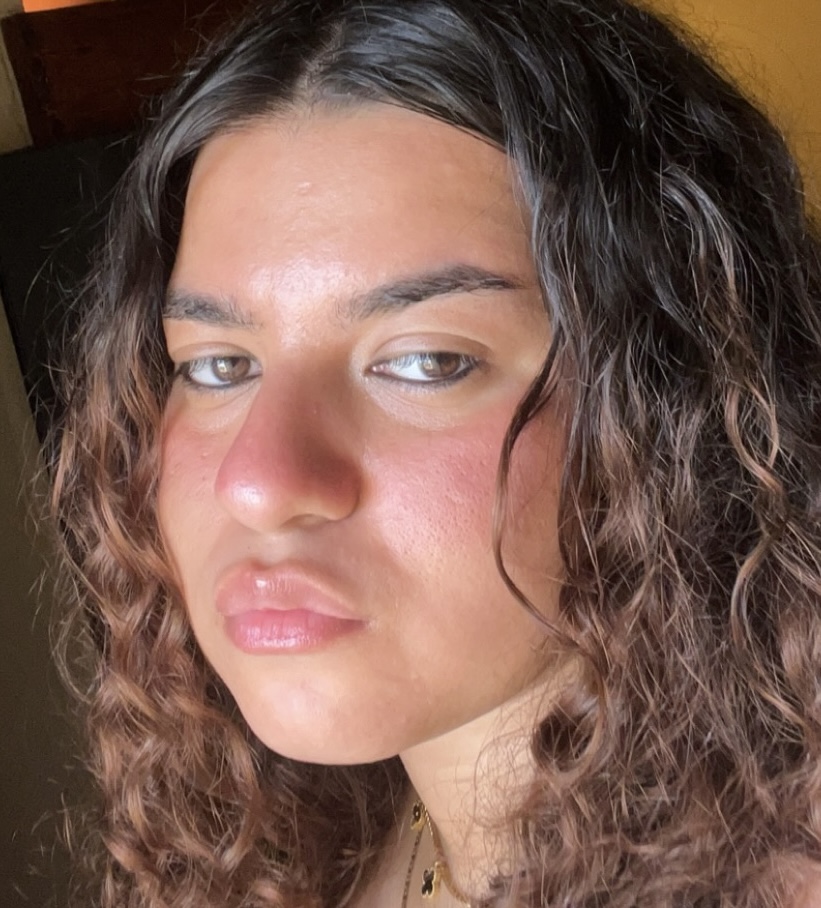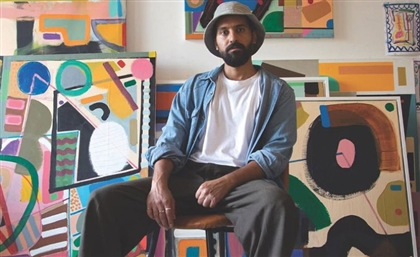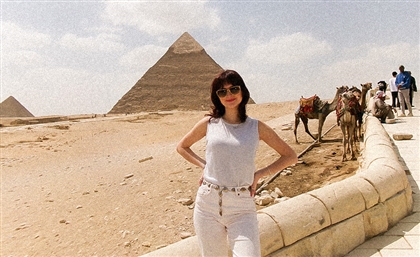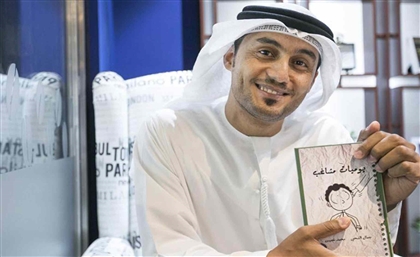Five Films That Define Salah Abu Seif’s Cinematic Legacy
Nearly three decades after his passing, Abu Seif’s legacy endures through the generations of filmmakers he inspired, and the stories he told that still ring true...
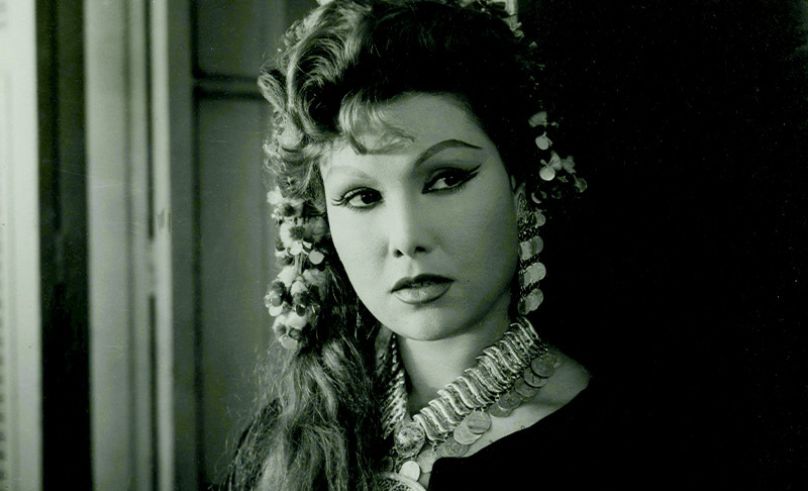
Today marks the death anniversary of Salah Abu Seif (1915–1996), a pioneer of Egyptian cinema and a defining voice in the rise of cinematic realism in the Arab world. Often credited with introducing neorealism to Egyptian screens, Abu Seif placed everyday life at the heart of his films, examining themes of class, power, and social change.
His filmography includes landmark works like 'Al-Fetewa' (1957), 'El Kahera 30' (1966), 'Bedaya w Nehaya' (1960), and 'The Second Wife' (1967), many of which were adapted from major literary works and remain essential viewing in Arab cinema history. His collaborations with writer Naguib Mahfouz helped shape a cinematic language that felt both grounded and poetic.
Nearly three decades after his passing, Abu Seif’s legacy endures through the generations of filmmakers he inspired, and the stories he told that still ring true...
Raya w Sekina (1952)
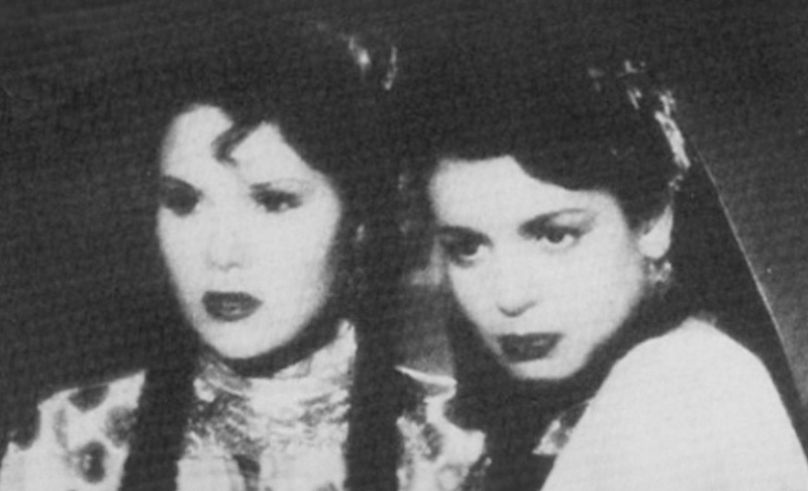
Starring Negma Ibrahim, Zouzou Hamdi, Anwar Wagdy, and Shoukry Sarhan, 'Raya w Sekina' follows the story of two serial killer sisters who lived in Alexandria in the early 20th century. The plot follows the infamous case as they work with their accomplices to murder working-class women and stea ltheir jewellery.
Shabab Emraa (1956)
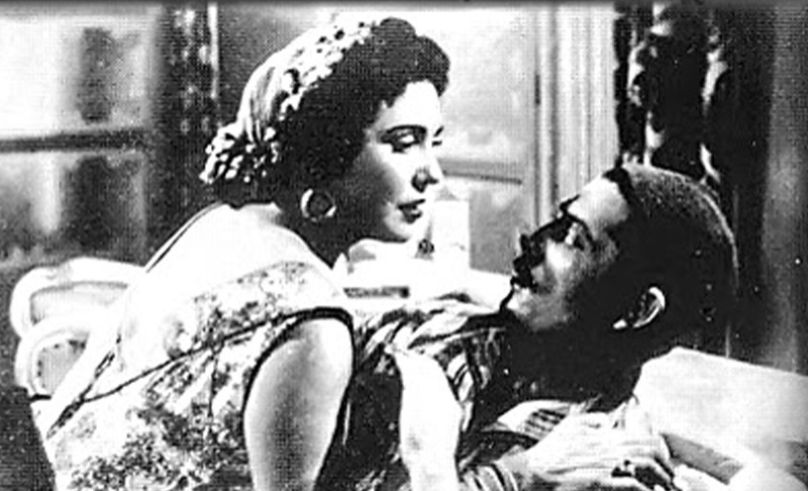
Ana Horra (1959)
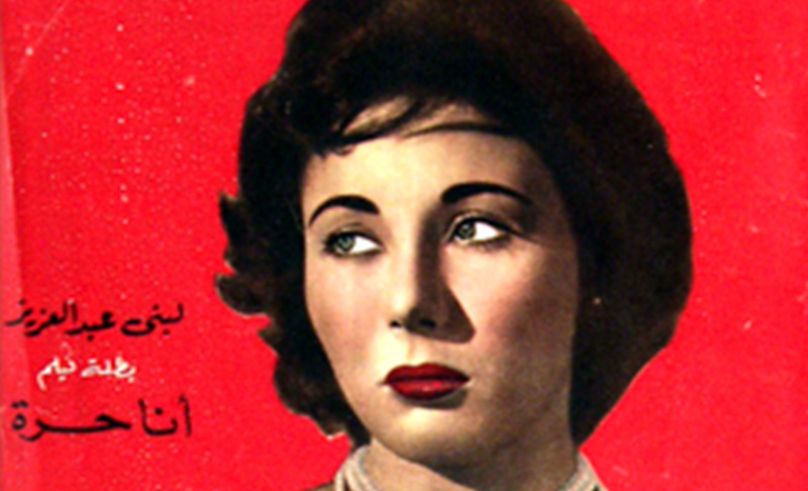
Bedaya w Nehaya (1960)
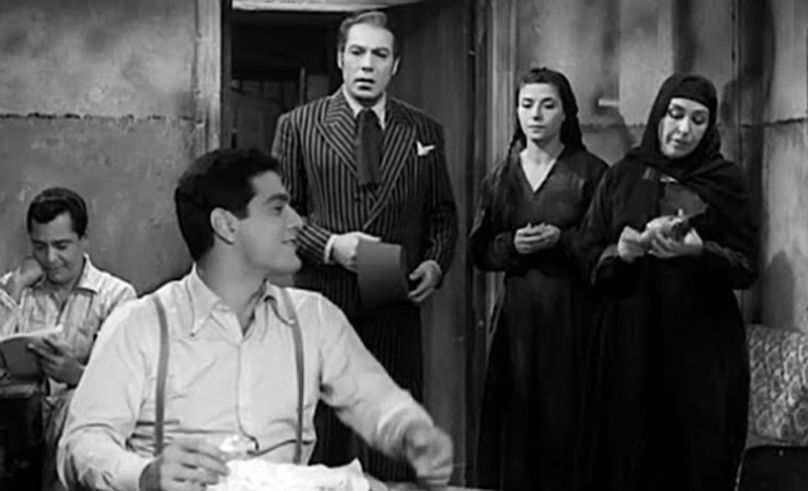
El Kahera 30 (1966)
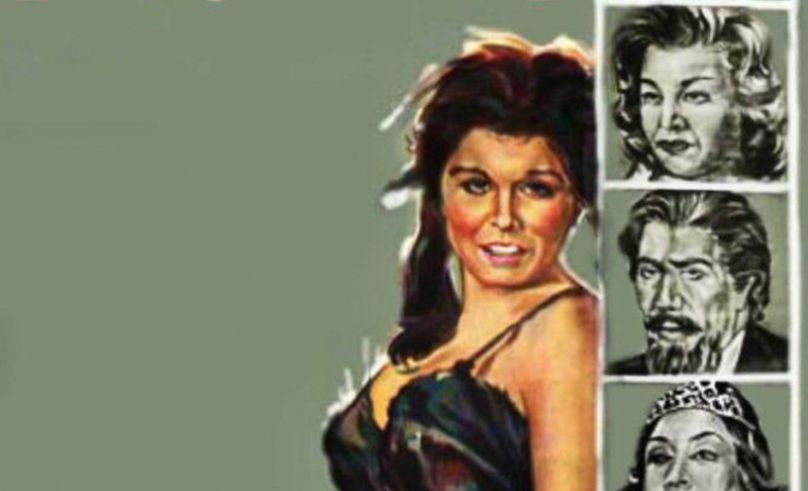
- Previous Article INTLASC Brings High-Energy Summer Takeover to CJC on June 24th
- Next Article Rap of the Week | June 16 - June 22
Trending This Week
-
Dec 27, 2025







